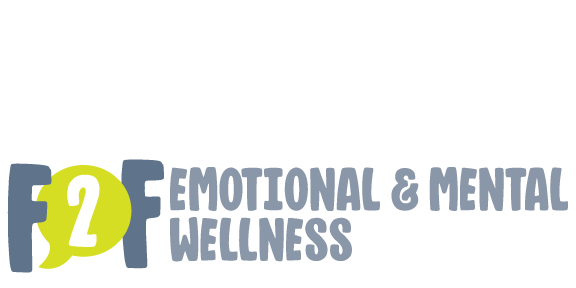Page 7
And number four: avoid giving advice. I know sometimes you really think you know what’s best for someone and you want to tell them what you think they should do, but unless they ask for your advice, or if it’s not a sensitive topic, then it’s best to not give advice!
Here are some examples of when it is okay to give advice.
(when your friend asked for your advice)
YOU: That sounds really hard.
YOUR FRIEND: What do you think I should do?
YOU: I think you should probably tell your parents.
(when it’s not a sensitive topic)
YOU: You’ve got to watch this new show, you’ll love it!
But if your friend didn’t ask for your input, or it is a sensitive issue, you need to be very careful about advice. Avoid it altogether, or soften it. Here’s an example of what could happen after giving advice on a sensitive topic:
YOU: Well, you should definitely talk to an adult, someone who knows how to—
YOUR FRIEND: Whoa, okay. Chill out. I’m not even sure I want to talk to anyone.
In this example, your intentions were good, but your advice came out strong and made your friend argue the opposite side more. Look at how the following statements have been re-worded to soften the advice:
- Instead of saying, “You should get more sleep,” say, “It might be good if you could get more sleep.”
- Instead of saying, “If you don’t want to fail algebra, you’ve got to study more,” say, “What could you do to do better in algebra?”
- Instead of saying, “You’ve got to exercise more,” say, “Exercise helped me cut down my stress.”
Advice was softened by using words like “might” instead of “should”, by turning the statement into a question, and/or by sharing a little bit of your own experience.
Here’s an example of giving advice in a softer way by turning it into a question:
YOU: Have you tried to talk to your parents about how stressed you are?
YOUR FRIEND: No, I can’t. They’d probably just guilt-trip me by saying how much they have to deal with my older sister and be like, “You seriously can’t help us a little?” They only care about her.
By framing it into a question, your friend didn’t get defensive, and might be more receptive to talking about the idea of talking to someone.
